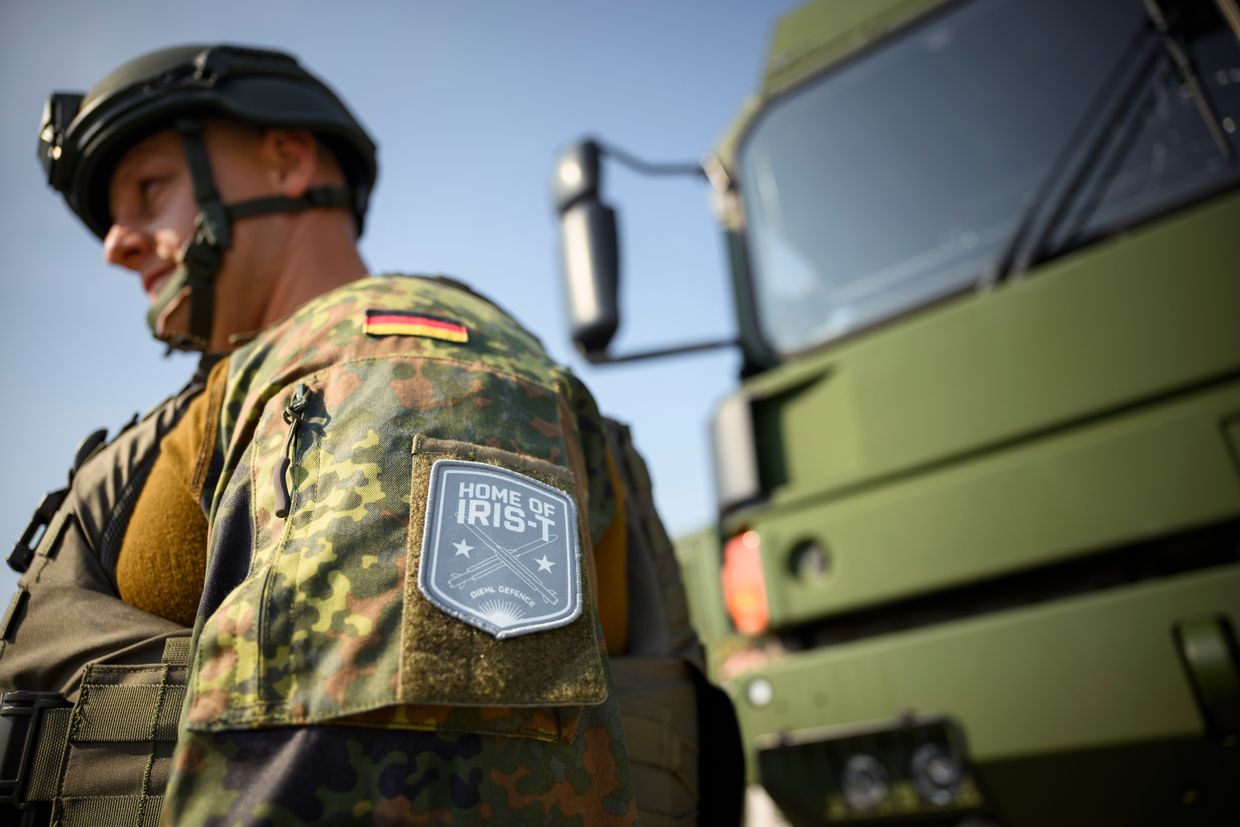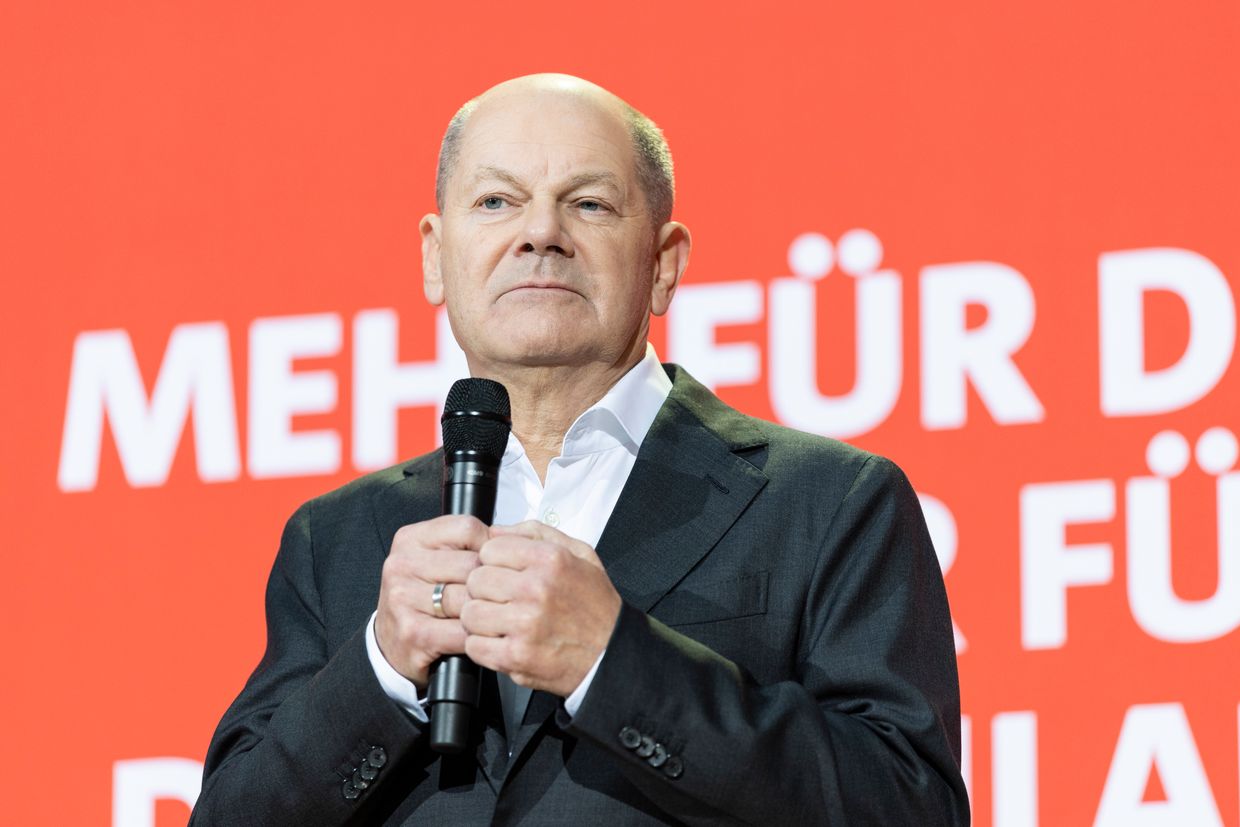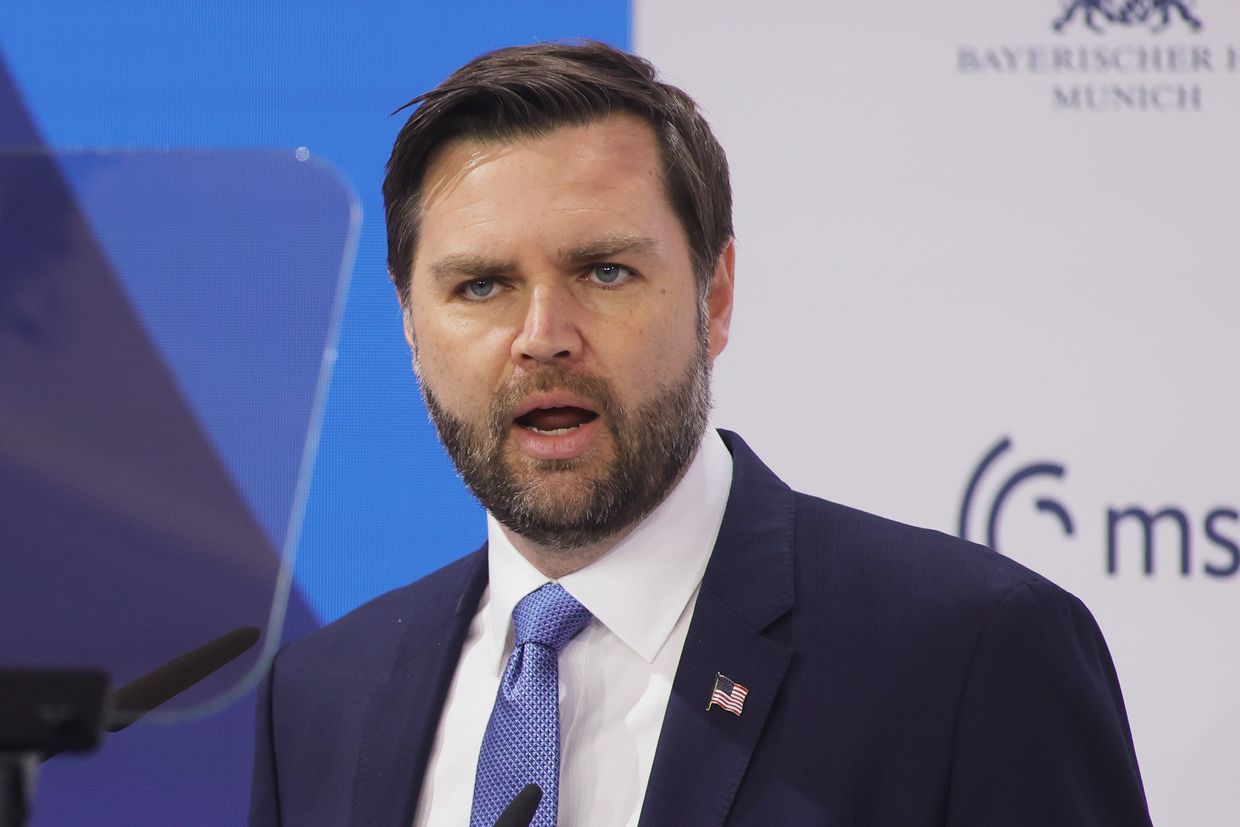German Chancellor Olaf Scholz rejected on Jan. 5 claims that he could meet with Russian President Vladimir Putin before the end of February, RND reported.
Roderich Kiesewetter, defense spokesperson for Germany's Christian Democratic Union (CDU), said on X that "there are increasing indications that Chancellor Scholz will travel to Moscow and meet Putin before Feb. 23."
"That is a false claim. That is deeply indecent," Scholz said.
Secretary General of Germany's governing Social Democratic Party (SPD) Matthias Miersch described Kiesewetter's post as "extremely problematic, infamous and dishonest." He also said that this is a violation of the agreement "on fair competition" amid the upcoming elections.
German government spokesman Steffen Hebestreit said the "legal steps" over the CDU's spokesperson claims are being prepared.
The CDU is currently leading in pre-election polls, with party leader Friedrich Merz widely seen as the frontrunner to become Germany's next chancellor.
Scholz and Putin held their first phone conversation in nearly two years on Nov. 15, according to a German government statement.
The hour-long call saw Scholz condemning Russia's war in Ukraine, urging Putin to withdraw troops from Ukraine and pursue a "just and lasting peace" through negotiations. Scholz reaffirmed Germany's "unwavering determination to support Ukraine in its defensive struggle against Russian aggression for as long as necessary."
President Volodymyr Zelensky said on Nov. 15 that Scholz's call with Putin opens a "Pandora's box," potentially leading to "other conversations and other calls."














